Research Spotlight
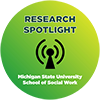 February 2025
February 2025
Dr. Pilar Horner
How Social Work is Transforming Substance Use Treatment
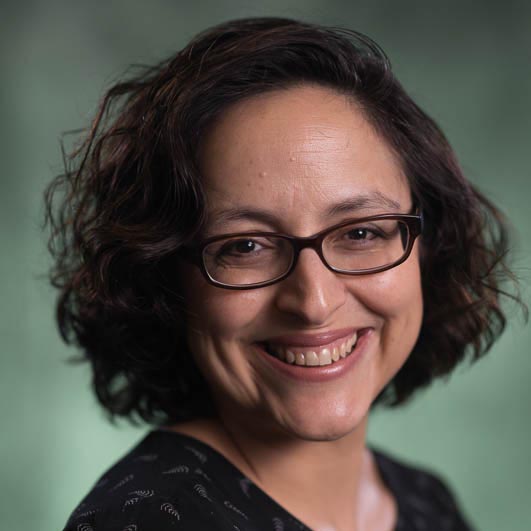
In this episode, Dr. Pilar Horner, Associate Professor, joins us to discuss the crucial role of social workers in addressing substance use disorders. Dr. Horner highlights the unmet treatment needs and the stigma that individuals with addiction often face, and explores how programs like MI CARES are making a difference in healthcare by providing training on evidence-based addiction care. We dive into the importance of social work education in preparing future professionals to tackle these complex issues, reduce stigma, and offer compassionate, effective support to those in recovery. Tune in to hear more about the intersection of social work, substance use education, and the path forward for creating a more supportive system for individuals battling addiction.
Research Spotlight Podcast (episode 7): An Interview with Dr. Angie Kennedy and Dr. Pilar Horner
Download the podcast transcript
 January 2024
January 2024
Dr. Joanne Riebschleger
Youth Mental Health Literacy

In this installment of our Research Spotlight podcasts, Dr. Angie Kennedy talks to Dr. Joanne Riebschleger about building and testing a new mental health literacy (MHL) program for middle school students, especially those with a family member with a mental illness. The ten-session Youth Education and Support (YES) program is an action-based learning program focusing on mental illness and recovery; mental illness stigma; positive coping strategies to manage stress; and seeking and providing help for what may be mental health symptoms of self or others. A new MHL scale with good psychometric properties revealed that YES program participants’ mental health literacy levels increased significantly from pre- to post-test. Ninety percent of participants reported improved positive coping skills usage by the end of the program. It is recommended that funding begin for randomized clinical trials to explore longer-term outcomes of youth MHL programs, including youth mental health symptoms and wellness.
Research Spotlight Podcast (episode 6): An Interview with Dr. Angie Kennedy and Dr. Joanne Riebschleger
Download the podcast transcript
 April 2023
April 2023
Dr. Ronald E. Hall
Interdisciplinary Perspectives on Colorism: Beyond Black and White
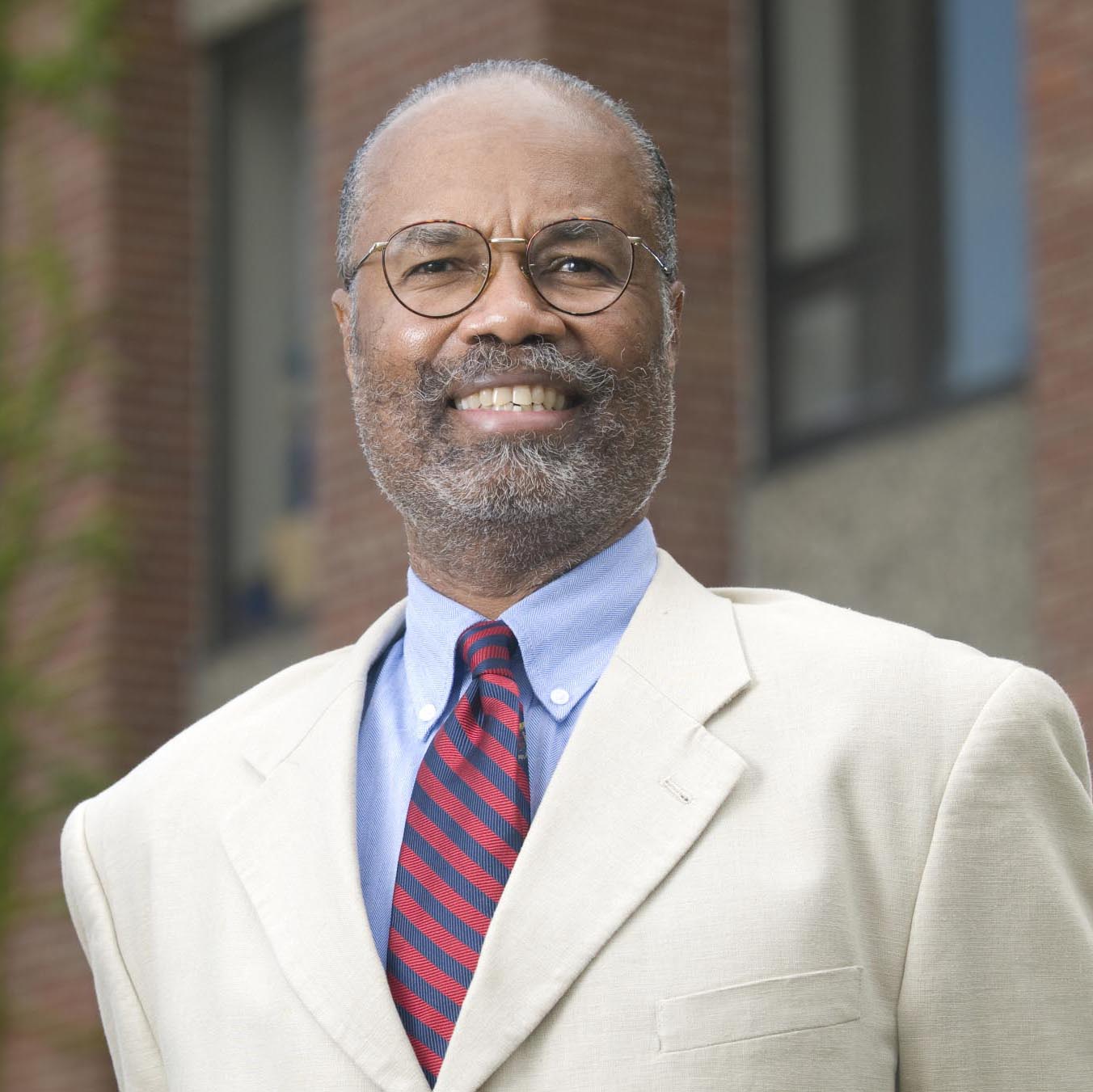
Dr. Ronald Hall’s unique and timely book, published in 2022 by Routledge, explores the concept of colorism, which is discrimination based on the color of a person’s skin, in a world where arguably light skin is privileged over dark, and one’s wealth, health, and opportunities are impacted by skin color, sometimes irrespective of one’s racial background. In the context of our multi-cultural and increasingly global society, and the historical backdrop of slavery, the text takes a unique approach by moving from personal anecdotes to adopting a scientific perspective grounded in empirical evidence. Hall explores how skin color is a more effective framework for examining prejudice and discrimination, as racial identities become increasingly mixed due to inter-racial unions and immigration. He argues that racism as discrimination by race is contrived, polarizing, and non-quantifiable, and that it is often skin color that is used to "identify" race, often inaccurately. With skin color being a visual and physical characteristic, with race-based prejudices attached to it, the author shows how skin color can be a loaded identifier of value and identity. In a world where the objective measure of skin color crosses racial boundaries and where race will become increasingly indiscernible over time, the ultimate aim of this book is to prepare for the social future of mankind that has already begun to take shape.
Research Spotlight Podcast (episode 5): An Interview with Dr. Angie Kennedy and Dr. Ronald E. Hall
Download the podcast transcript
 December 2022
December 2022
Dr. Paul Freddolino
Virtual Table
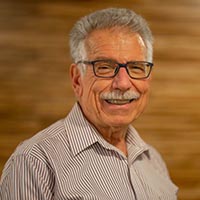
With the funding through a development grant from the Michigan Health Endowment Fund, the Virtual Table project launched a pilot project in collaboration with the Otsego County Commission on Aging (OCCOA). The basic goal of the project was to engage “hard to reach” isolated older adults to learn about technology and develop skills so that they would be able to share a meal virtually, through video chat, with family and friends – thus the Virtual Table. Twenty-five older adults, all recipients of home-delivered meals (HDM) from OCCOA, participated in the project, where they received weekly sessions from volunteer peer tutors on Information and Communication Technologies, and then content on telehealth. Results showed significant increases in the range of technologies used and the frequency of their use, as well as an increase in patient activation, a measure of participants’ perceived capacity to handle their own health and health care. Next steps include revising project tools for potential replication in other HDM programs in Michigan.
Research Spotlight Podcast (episode 4): An Interview with Dr. Angie Kennedy and Dr. Paul Freddolino
Download the podcast transcript
 April 2022
April 2022Dr. Hyunkag Cho
Concurrent Intimate Partner Violence: Survivor Health and Help-Seeking

In this study, Dr. Hyunkag Cho examined intimate partner violence polyvictimization (multiple victimization by multiple perpetrators over time) using a recent national dataset collected in 2010, National Intimate Partner and Sexual Violence Survey. He classified various polyvictimization experiences into six distinctive patterns: Sexual Violence, Psychological Aggression, Multiple Violence, Coercive Control, Physical and Psychological Violence, and Stalking. Multiple Violence was the most common type of polyvictimization among female survivors, while Coercive Control was the most common among male survivors. Multiple Violence and Physical and Psychological Violence inflicted more negative health consequences than the other types. Intervention and prevention approaches that consider polyvictimization types as a part of survivor need assessments will improve services.
Research Spotlight Podcast (episode 3): An Interview with Dr. Angie Kennedy and Dr. Hyunkag Cho
Download the podcast transcript
 February 2022
February 2022Michele Brock and Laura Hall
YELL - Youth Engaged in Leading and Learning

Michele Brock

Laura Hall
Michele Brock, Director of Community Programs within the School of Social Work, has partnered with Laura Hall and the Michigan Disability Rights Coalition (MDRC) to develop, implement, and evaluate an innovative program entitled Youth Engaged in Leading and Learning. YELL is a curriculum-based leadership program for high school-age youth that includes experiential learning modules on disability history, disability leaders, disability identity and pride, advocacy, leadership, and activism, and it culminates in the implementation of youth-led advocacy projects. Additionally, the curricular content addressed the impact of ableism and internalized ableism and how youth without disabilities can serve as allies. As a core part of YELL, the team facilitated capacity building for inclusion among faculty/staff/service providers, trained adults with disabilities as ambassadors for the program, and supported students in their own advocacy efforts designed to foster inclusion at school.
Research Spotlight Podcast (episode 2): An Interview with Dr. Angie Kennedy, Michele Brock and Laura Hall
Download the podcast transcript
 October 2021
October 2021Dr. Ashlee Barnes-Lee
Combating the School-to-Prison Pipeline with Restorative Practices: A Mixed Methods Approach
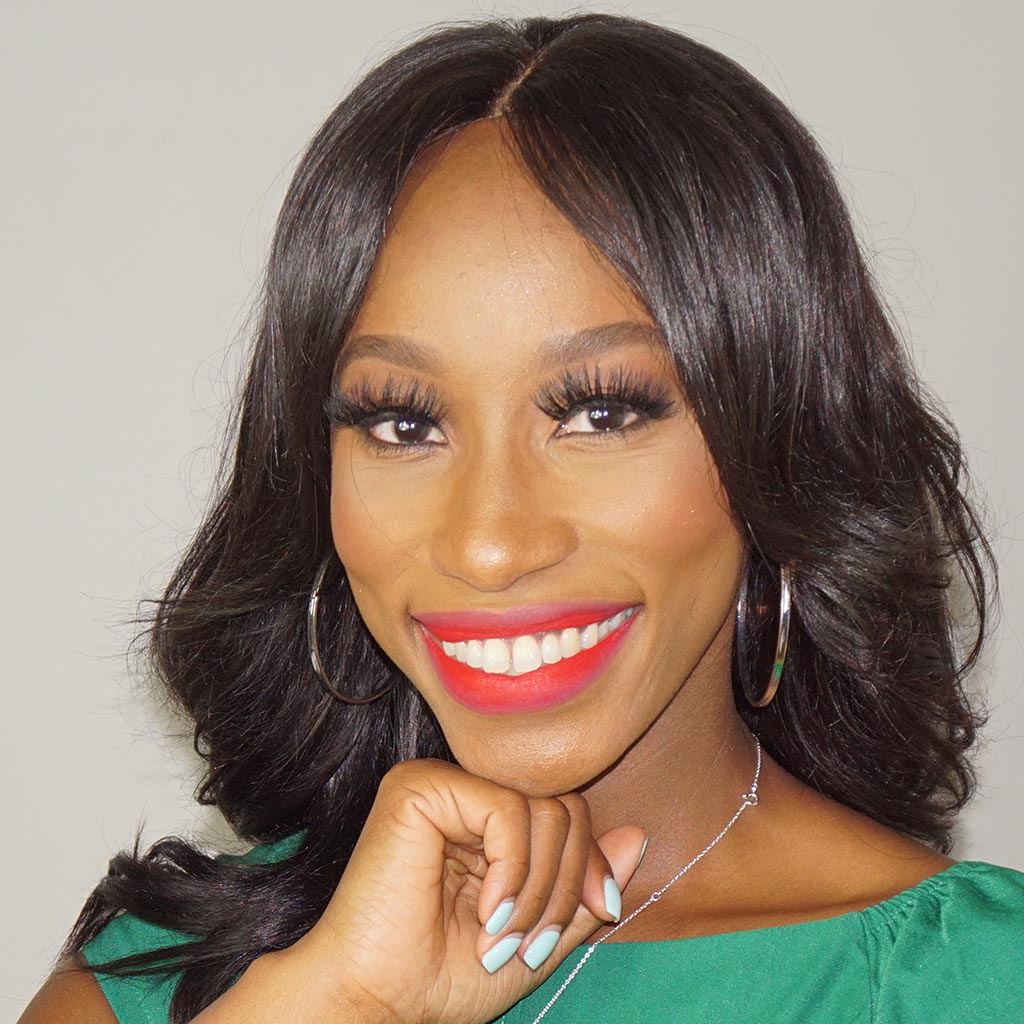
Dr. Ashlee Barnes-Lee, community psychologist and Dean’s Research Associate in the School of Social Work, is partnering with a metro Detroit middle school to investigate the impact of restorative practices on school climate and exclusionary discipline outcomes. The study aims are to (a) examine whether establishing a restorative justice policy leads to less punitive school discipline; (b) understand the perspectives of students, parents, and school personnel regarding the school’s climate and whether they believe restorative practices matter; and (c) to develop a school-based intervention designed to build on the school’s strengths. Dr. Barnes-Lee will investigate the relationship between student code of conduct violations and school discipline outcomes, and conduct interviews with school stakeholders. This action research project was funded by Spencer Foundation in collaboration with the Urban Learning and Leadership Collaboration. The research team includes two community partners who serve as co-investigators: the middle school’s principal and a youth researcher who attended the middle school. This research contributes to the literature by evaluating the effectiveness of restorative practices in a school with a predominately Black student population.
Research Spotlight Podcast (episode 1): An Interview with Dr. Angie Kennedy and Dr. Ashlee Barnes-Lee

